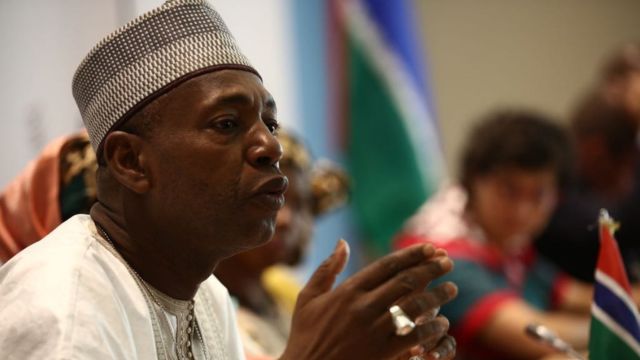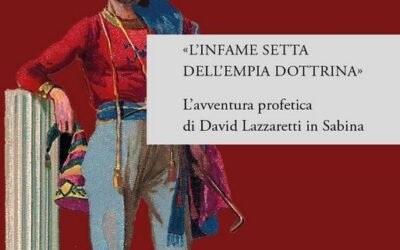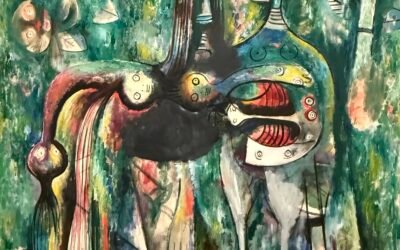Proposals that a “license” will be needed to preach are reminiscent of the dark era of dictator Jammeh.
by Massimo Introvigne

At the end of last month, Hamat Ngai Kumba Bah, the Minister of Lands, Tourism, and Culture in the government of Gambia, suggested that preachers in the country should be granted a “license” by the government to conduct religious services.
Throughout Africa, there is a call for restrictions to religious liberty following the deaths by fasting of hundred of followers of a Christian preacher in Kenya. These restrictions generalize a single case and impose undue limitations to the rights of religions and movements that have committed no crimes.
In Gambia, the proposal looks particularly sinister. It was strongly criticized by Ousainou Darboe, the leader of the opposition United Democratic Party and a leading figure of the resistance against the dictator Yahyah Jammeh, ousted from power in 2017. Darboe reminded Bah that they fought together against Jammeh for freedom and human rights, and that freedom of religion is an integral part of what they risked their lives for. Darboe asked Bah not only to withdraw the proposal but to apologize to Gambian citizens.

The system of licenses existed during the Jammeh regime. It was used to force Islamic preachers in what is a predominantly Muslim country to join the Supreme Islamic Council, which was led by well-known imam Abdoulie Fatty but was widely regarded as a tool to repress opponents of Jammeh. The law was also used to persecute the Shia and Ahmadi minorities as well as Christian movements. Imam Fatty is now being investigated for his possible complicity with Jammeh’s atrocities.
Gambia’s path to democracy and to transitional justice, for which a Truth, Reconciliation and Reparations Commission has been established, is understandably bumpy. What the country does not need is voices nostalgic of the old restrictions to religious liberty.

Massimo Introvigne (born June 14, 1955 in Rome) is an Italian sociologist of religions. He is the founder and managing director of the Center for Studies on New Religions (CESNUR), an international network of scholars who study new religious movements. Introvigne is the author of some 70 books and more than 100 articles in the field of sociology of religion. He was the main author of the Enciclopedia delle religioni in Italia (Encyclopedia of Religions in Italy). He is a member of the editorial board for the Interdisciplinary Journal of Research on Religion and of the executive board of University of California Press’ Nova Religio. From January 5 to December 31, 2011, he has served as the “Representative on combating racism, xenophobia and discrimination, with a special focus on discrimination against Christians and members of other religions” of the Organization for Security and Co-operation in Europe (OSCE). From 2012 to 2015 he served as chairperson of the Observatory of Religious Liberty, instituted by the Italian Ministry of Foreign Affairs in order to monitor problems of religious liberty on a worldwide scale.



